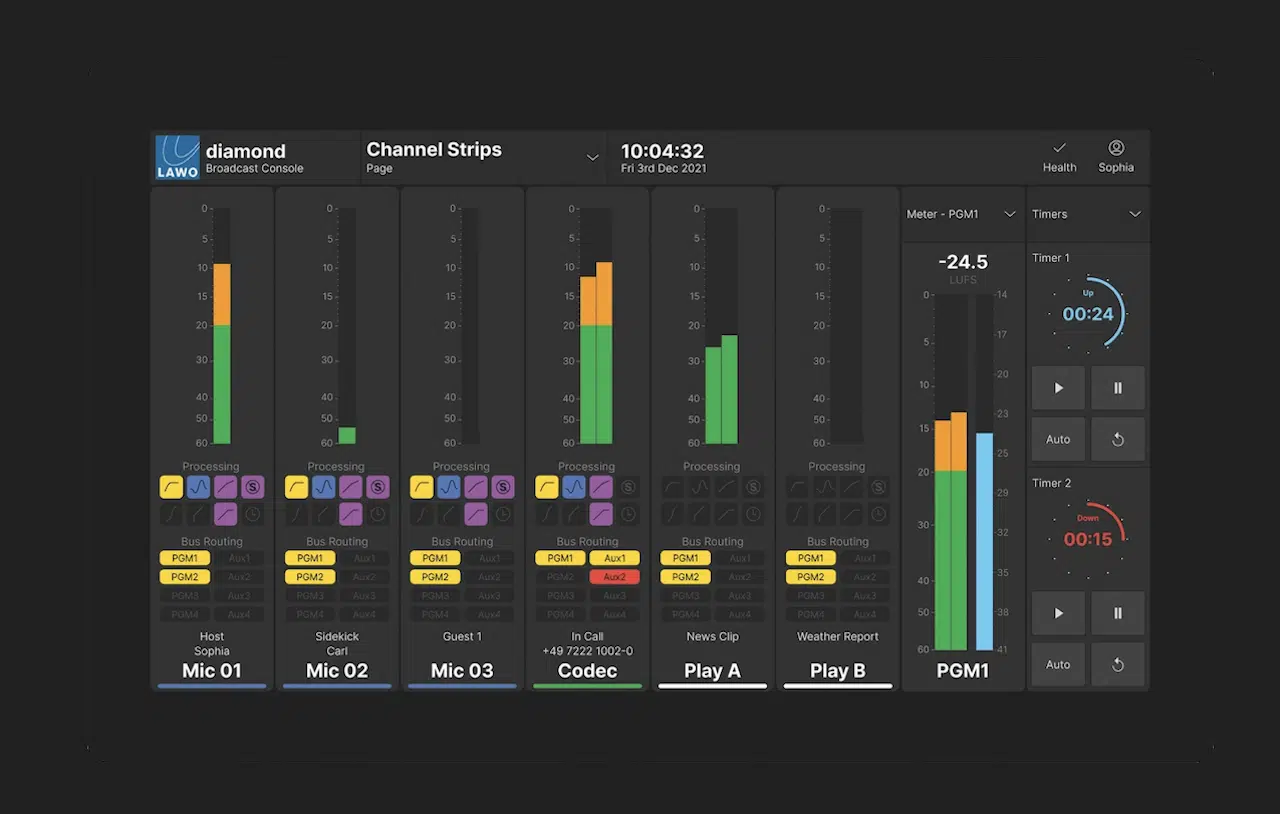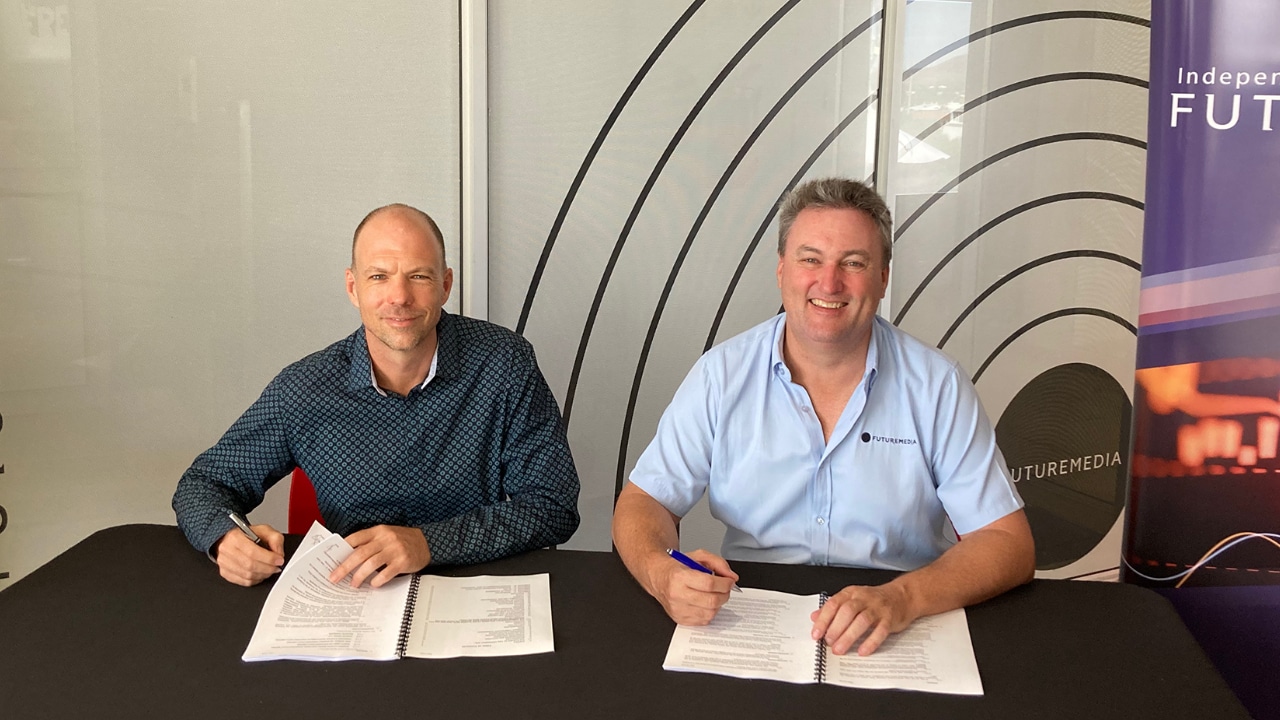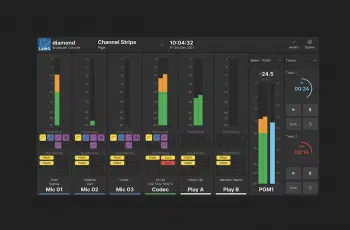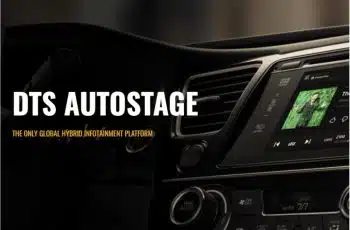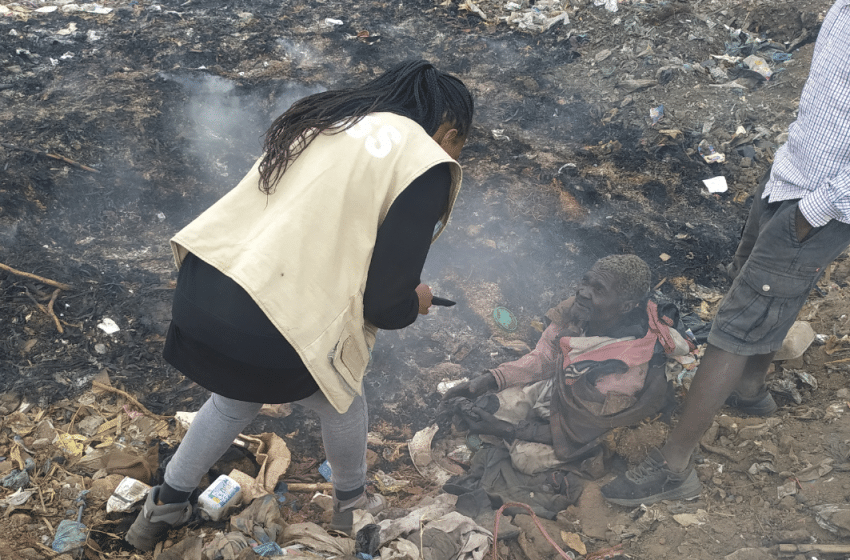
BLANTYRE, Malawi — Privately owned Capital Radio (also known as Capital FM) in Malawi has introduced a groundbreaking radio program, “Living in Gehenna,” dedicated to amplifying the voices of the underprivileged individuals who depend on scavenging dumpsites for their livelihood.
The program aims to shed light on the dire issue of waste management in Malawi while proposing sustainable solutions. The biweekly one-hour program has already begun to reverberate across the nation, serving as both a source of hope for people living on waste and a catalyst for change in waste management.
At the heart of “Living in Gehenna” lies a remarkable approach to storytelling. Grace Kantchentche Donga, producer and presenter of the program, describes it as a two-way conduit — bridging the gap between those living on the fringes and those responsible for waste management.
Every Tuesday, Donga and officials from Waste Advisors, a local NGO, visit dumpsites and engage with the individuals who rely on waste for their survival. “We can’t invite them to come to us because of the nature of their job. They go there in the morning. To them, time is money because they don’t know when the vehicle carrying waste will come. Even while talking with them, they left us and attended to those vehicles. So, we go there because we don’t want to disturb their routine,” says Donga.
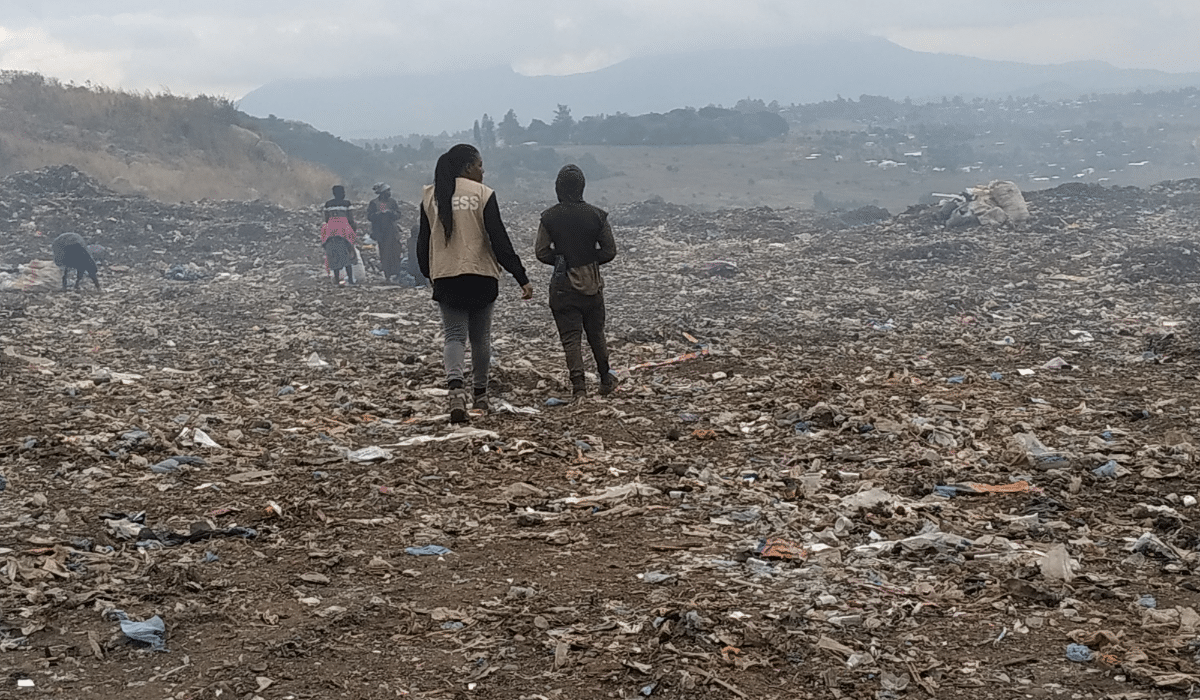
Gold in a “dirty business”
In the programs, which first air every Wednesday from 11 a.m., the waste pickers tell the stories that forced them into the “dirty businesses,” describe the experiences they encounter and challenges they face, and suggest how they would want to improve their lives.
“People I have talked to have said that they have been forced into the waste picking because of poverty,” says Donga. “There is a lactating mother whose house was destroyed by Cyclone Freddy that hit Malawi in March. As I am talking with you now, that woman is still living in a temporary shelter that is likely to collapse anytime. She goes there every day with her baby just to collect the waste to get something to eat. Her story touched me on a personal level. I thought of doing something, but what I had wouldn’t assist her for long.”
Donga says the program also uncovers many resilient individuals whose struggles often go unnoticed. She says many waste pickers are paying school fees for their children via the waste that they sell to companies for recycling.
“So, we want to raise awareness and assist them in being recognized so that their livelihoods can improve, because once people start taking them seriously, they will not see waste pickers as thieves, criminals and useless people. Instead of resorting to crime, they are recycling, an aspect we have failed to recognize as a community. Waste is gold. These people have recognized that, but, unfortunately, the money they get from it is too little — another issue highlighted in the program,” Donga says.
She goes there every day with her baby just to collect the waste to get something to eat.
Grace Kantchentche
Civic responsibility through broadcasting
Another edition of the program is a panel discussion that airs live on Saturdays and involves key stakeholders in waste management, including city authorities, police and NGOs. Donga says by fostering such discussions, “Living in Gehenna” offers a comprehensive understanding of the challenges and opportunities within waste management in Malawi.
The genesis of the radio program is rooted in a grant that Capital Radio won after pitching its concept for a waste management awareness campaign supported by the U.K.-based Royal Academy of Engineering, which is committed to promoting engineering for the betterment of societies.
Khumbo Butao, a project officer at Waste Advisors, says they collaborate with Capital Radio largely because it is an accessible medium that reaches various strata of the population with a genuine commitment to community welfare. “The Malawi chapter of the Media Institute for Southern Africa voted Capital Radio “Media House of the Year” for three consecutive years — 2004, 2005 and 2006. So, it has a strong history of promoting civic responsibility through quality broadcasting of news, information, entertainment and programming. We wanted to create a platform that not only educates the public about waste management issues but also fosters empathy and understanding.”
Butao says the impact of the programs, which started airing in July, is evident. “Since the program’s inception, we have witnessed an increase in awareness and community engagement. People are beginning to recognize the challenges waste collectors face, and there’s a growing sense of solidarity. We also motivate the waste pickers by following them to companies that sell the waste and doubling the amount of money they receive from the companies. This is just a token of thanks to them for their effort of collecting the waste for recycling,” he says.
We wanted to create a platform that not only educates the public about waste management issues but also fosters empathy and understanding.
Waste Advisor project officer, Khumbo Butao
Sensitization messages
One of the most compelling aspects of “Living in Gehenna” is its role in advocating for the safety and well-being of those who scavenge for survival. Sgt. Aubrey Singanyama, the police spokesperson for the Limbe area, explains that the police have taken proactive measures to ensure the protection of waste collectors. “We have initiated patrols around dumpsites, offering a sense of security to these vulnerable individuals. Their work is not only vital for waste management but also contributes to the economy,” he says.
The “Living in Gehenna” program encapsulates a broader call to action in addressing the waste management crisis in Malawi. According to the United Nations, Sub-Saharan Africa generated approximately 9% of the world’s waste in 2016.
An environmental officer from the Blantyre City Council, Paul Pansoka, underscores the significance of the waste collectors’ contributions. “These individuals play an indispensable role in our waste management ecosystem. Their efforts in salvaging recyclables and reducing the burden on landfills cannot be overstated. One of the very important factors in waste management is public awareness. I believe that this radio program will help us reach out to people with sensitization messages on waste management,” he says.
Donga says the program which currently concentrates on the welfare of waste users at the main dumpsite of Malawi’s commercial capital, Blantyre, will expand to cater to the welfare of waste users in all parts of the country, if enough funds are made available.
The author reports on the industry from Blantyre, Malawi.
More stories from Africa:
Chanco FM amplifies voices on climate change in Malawi



